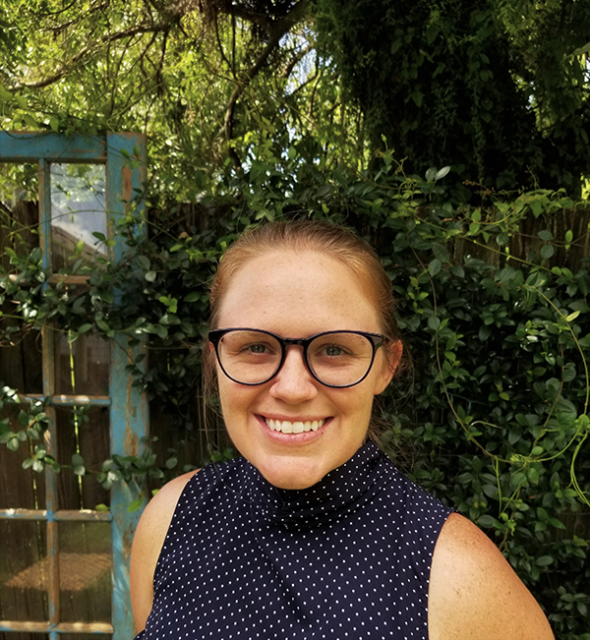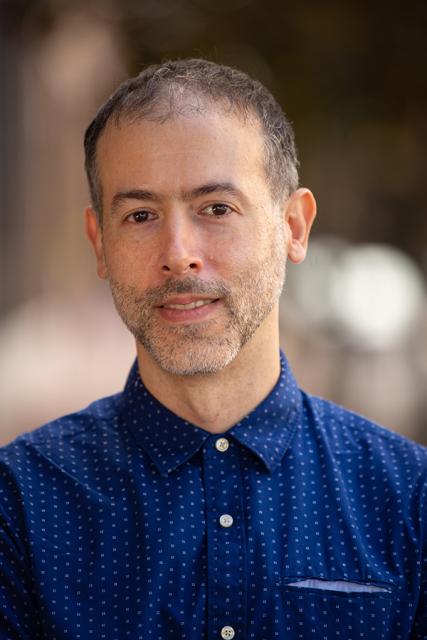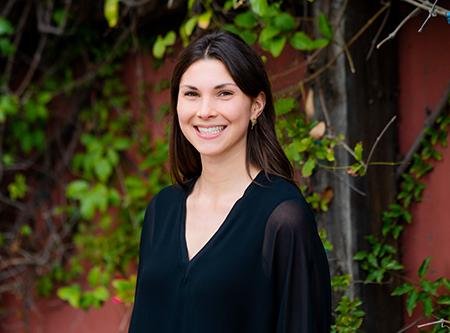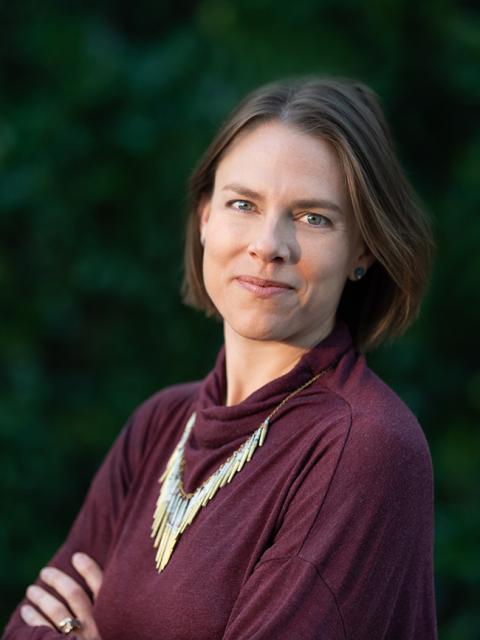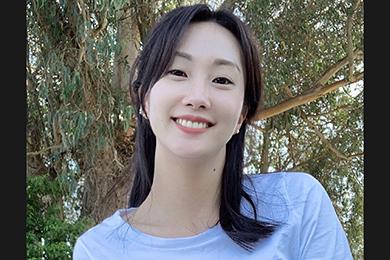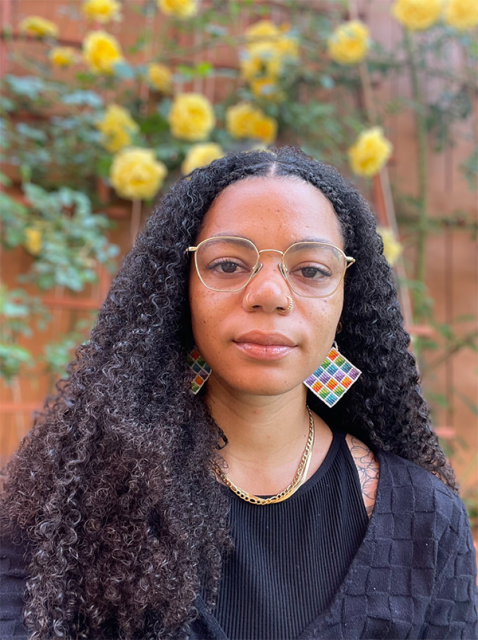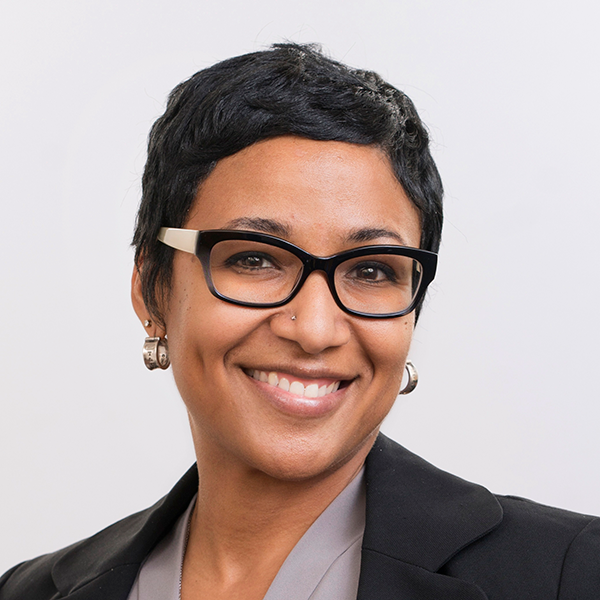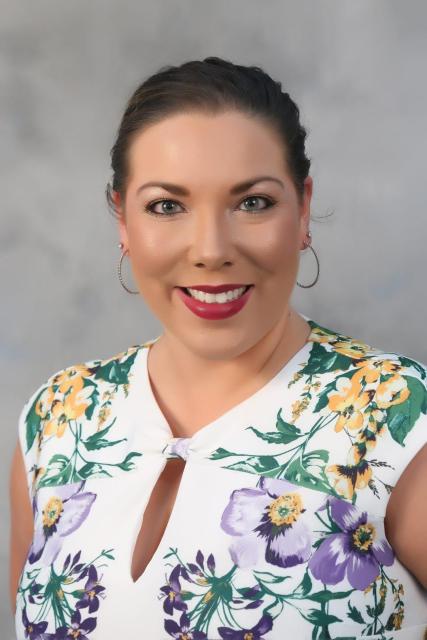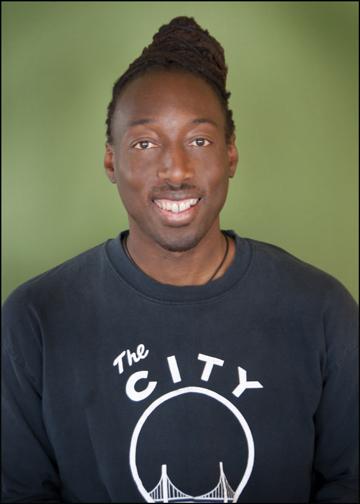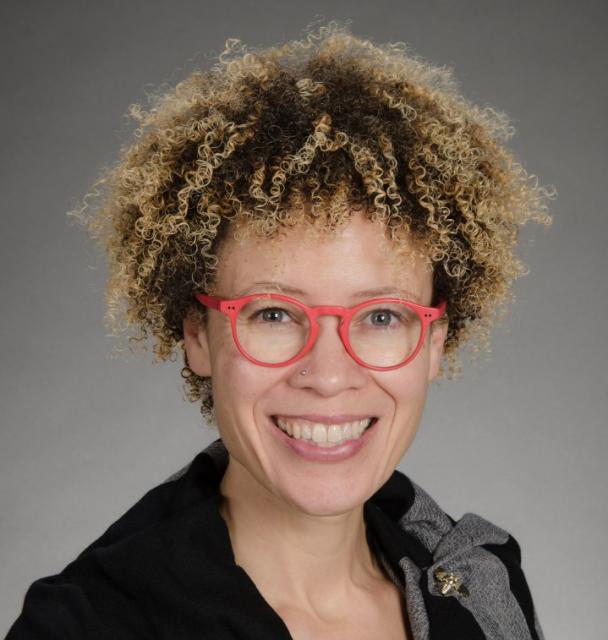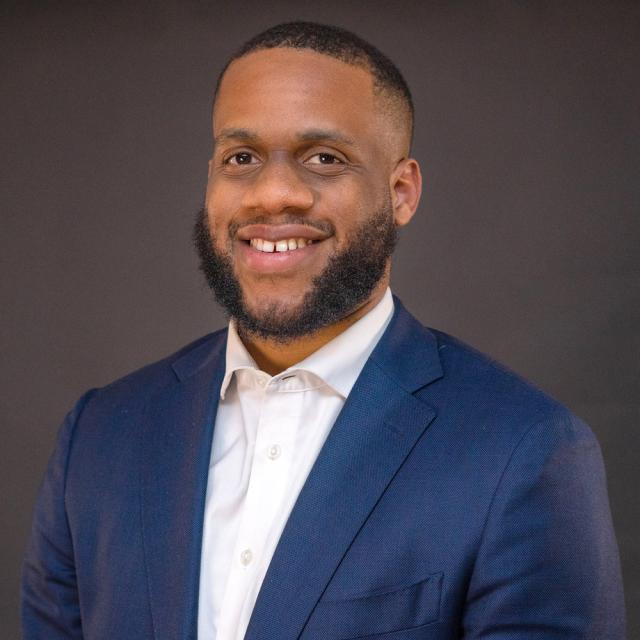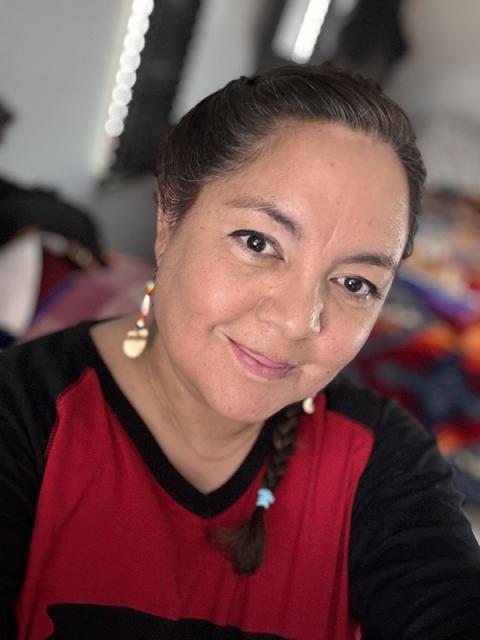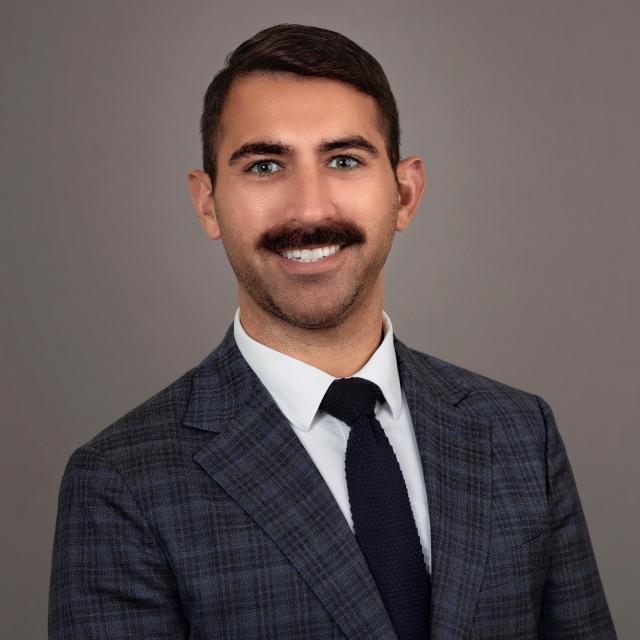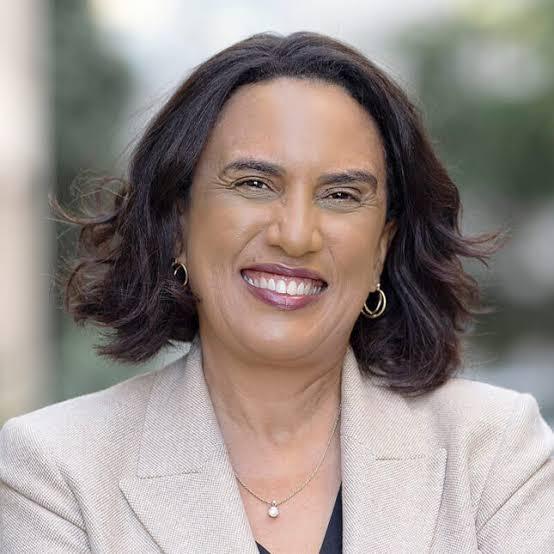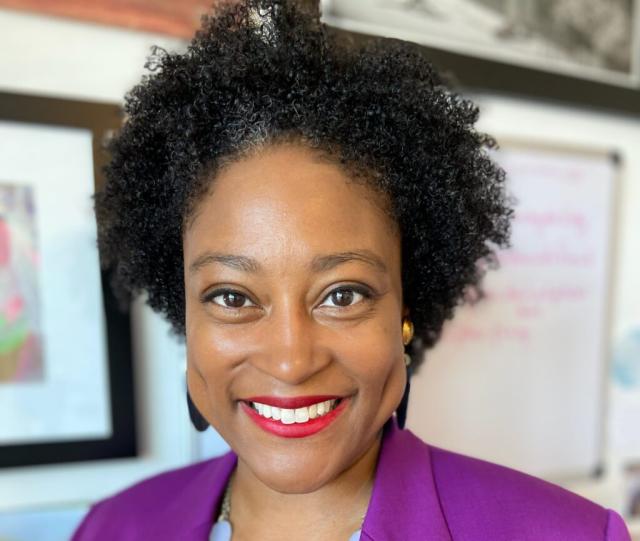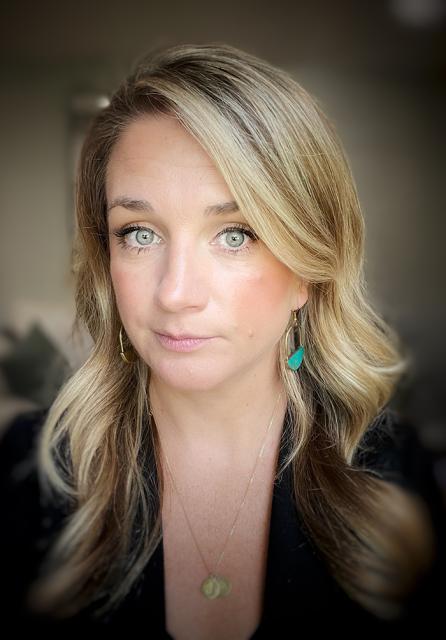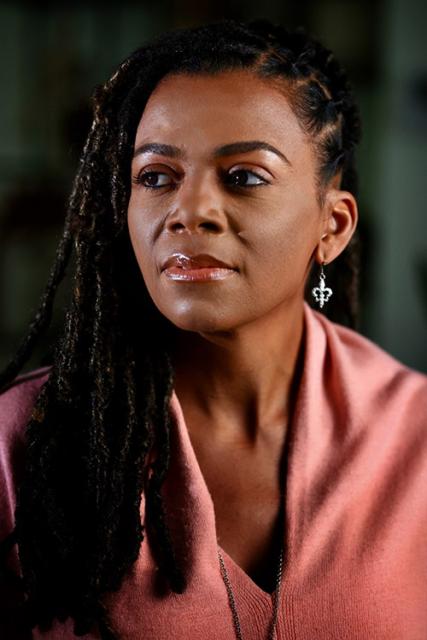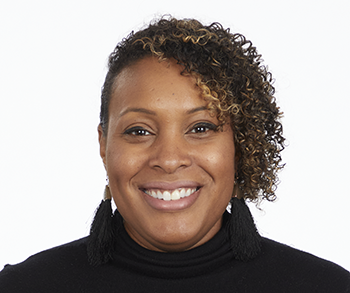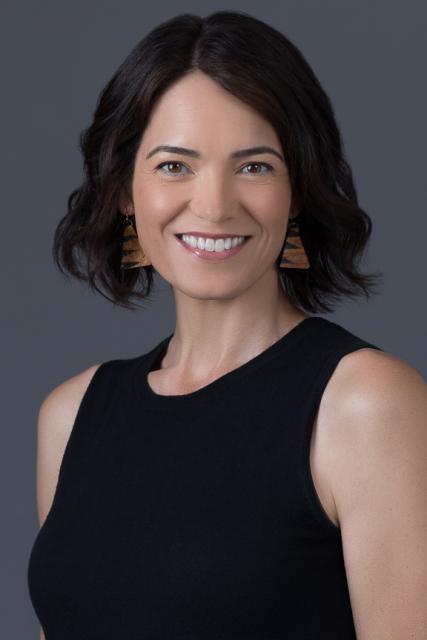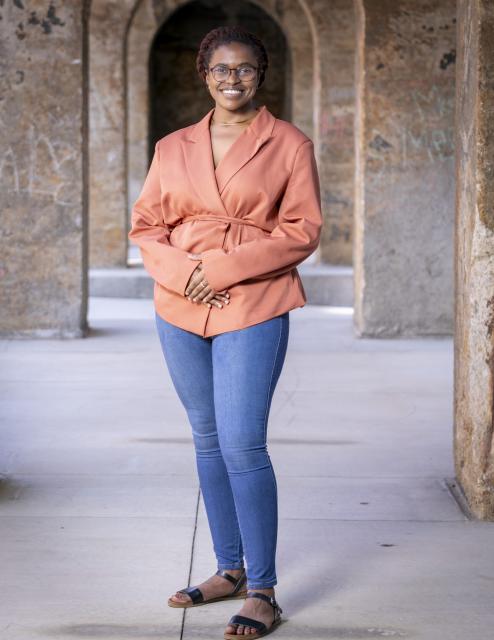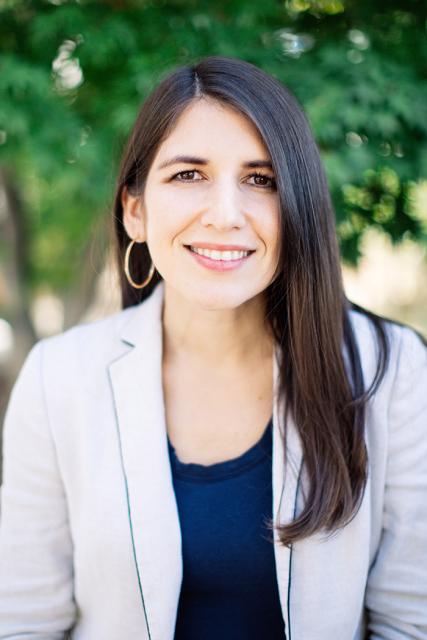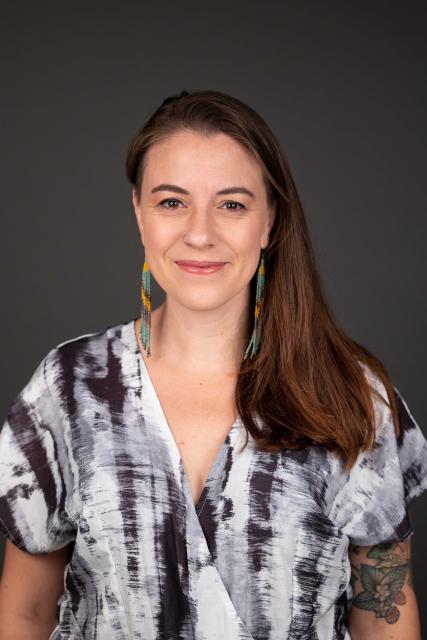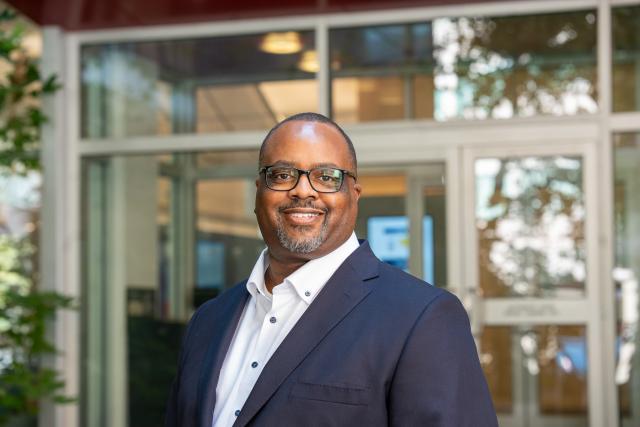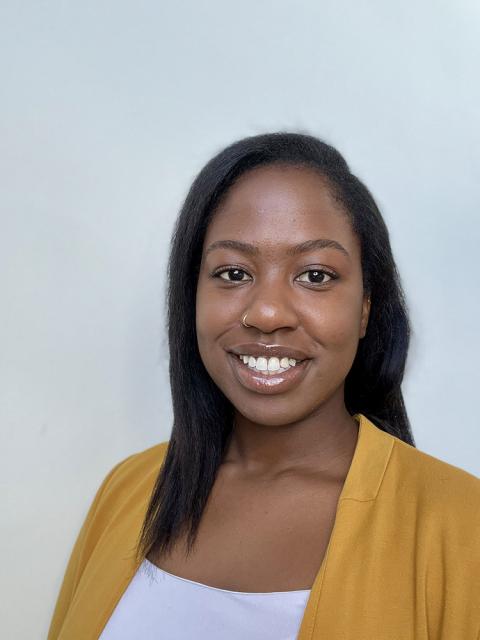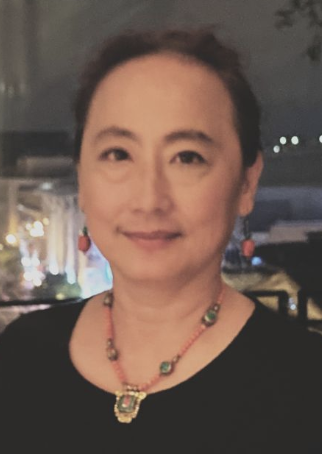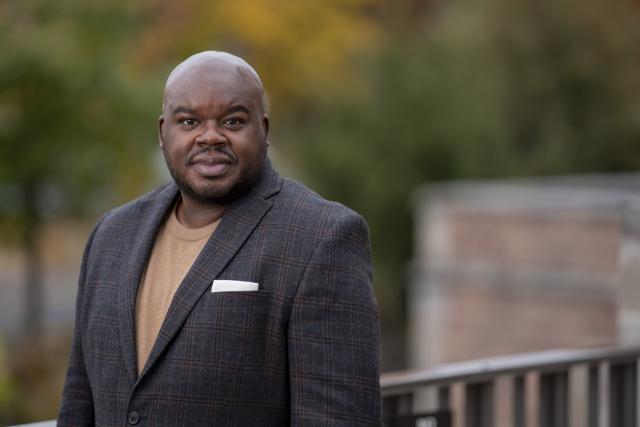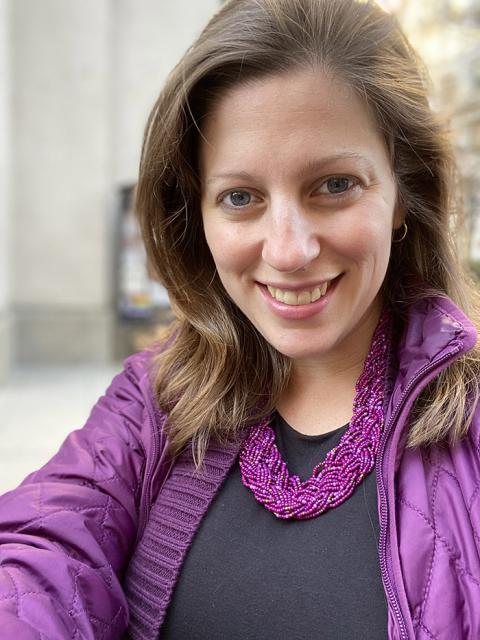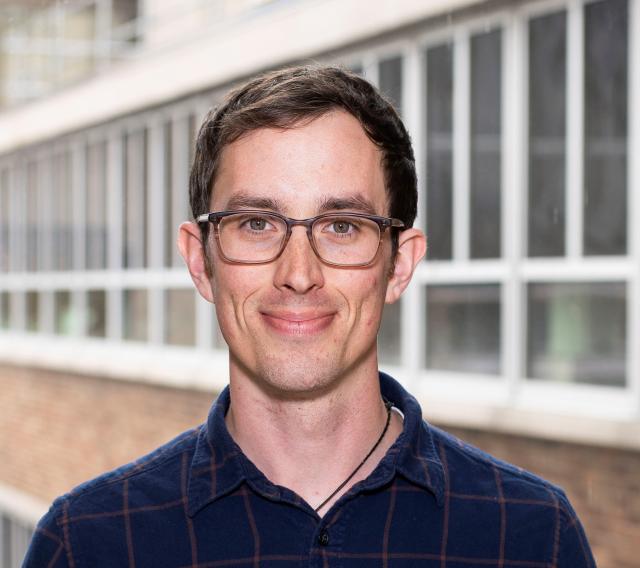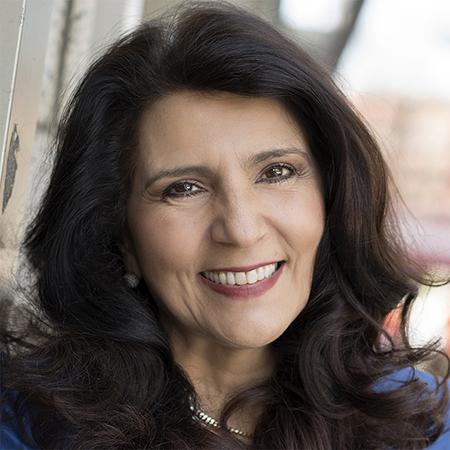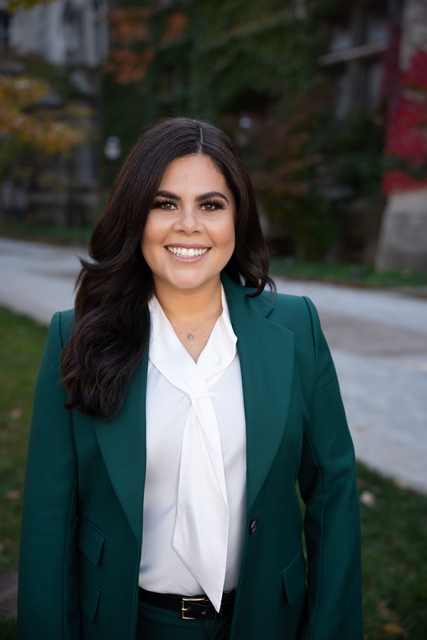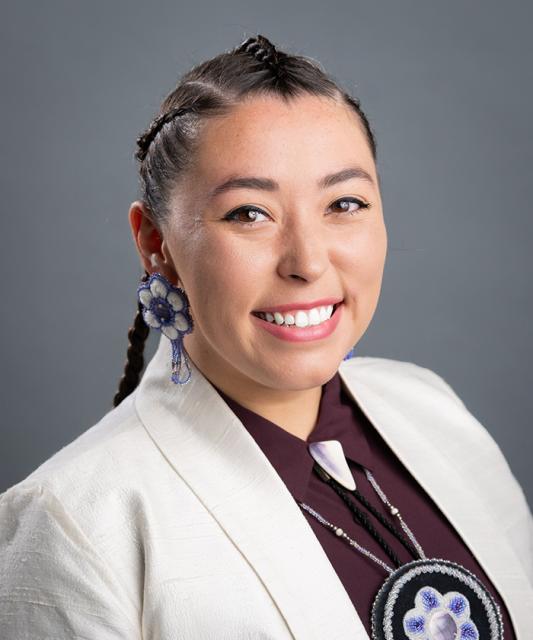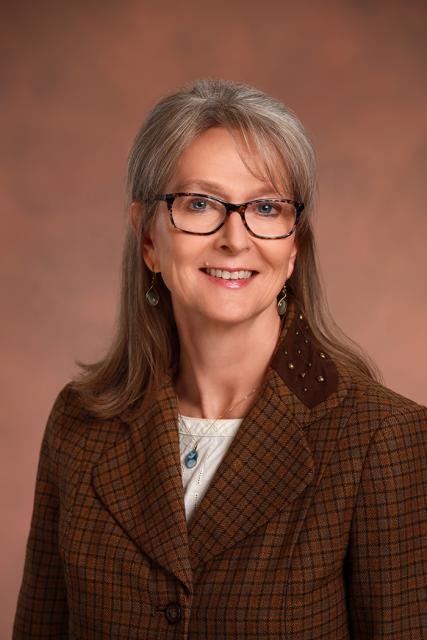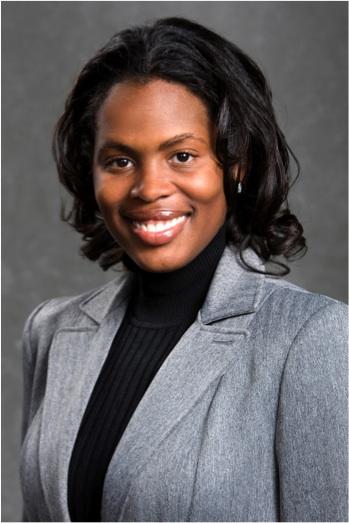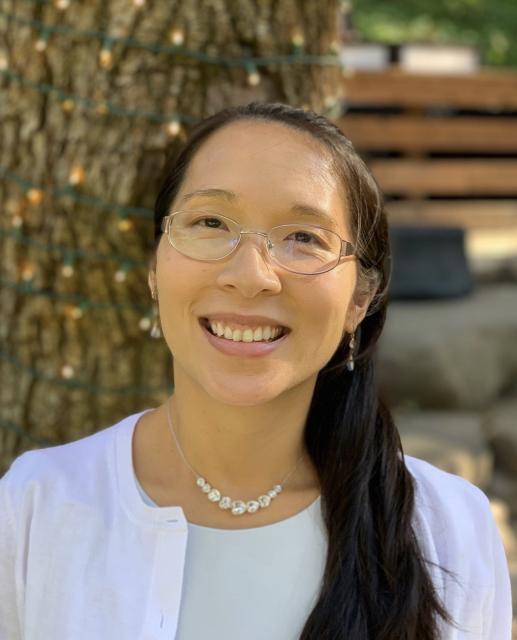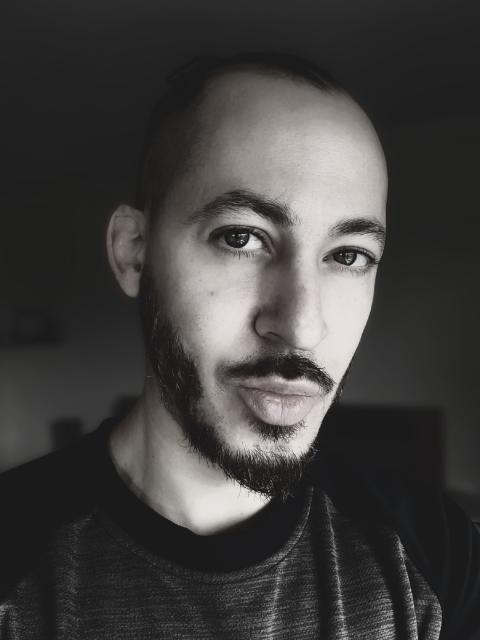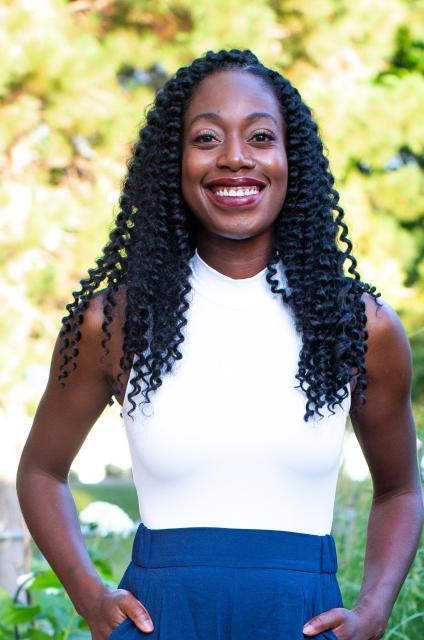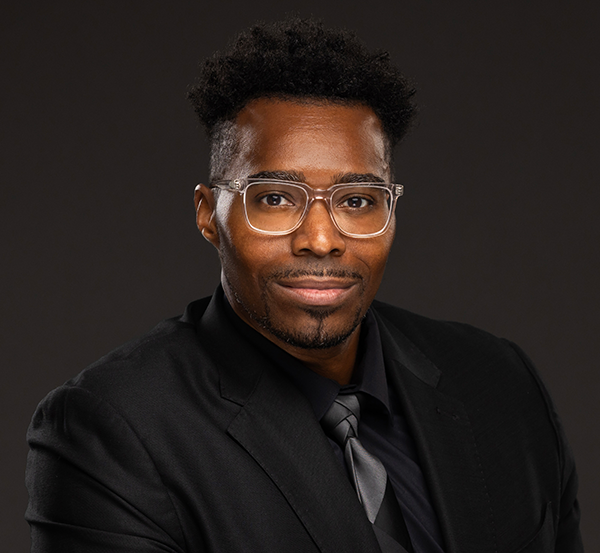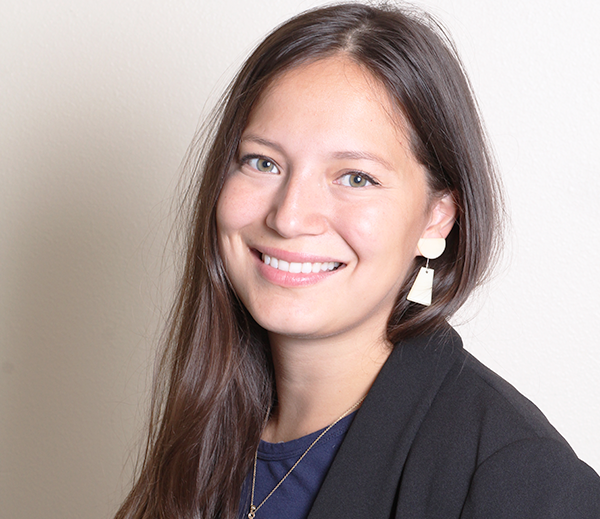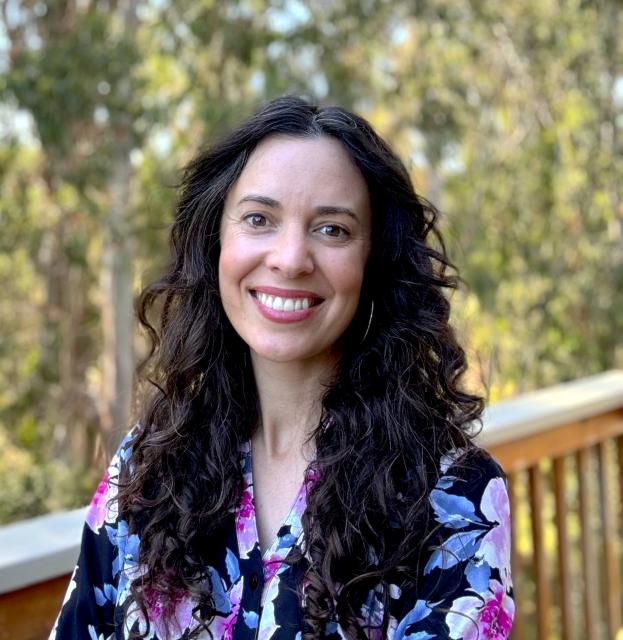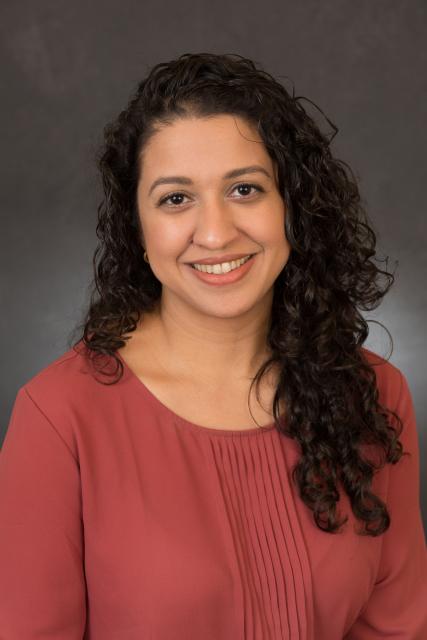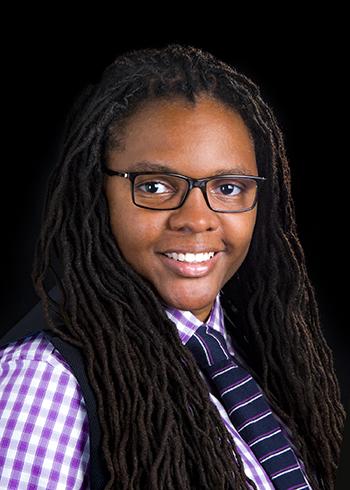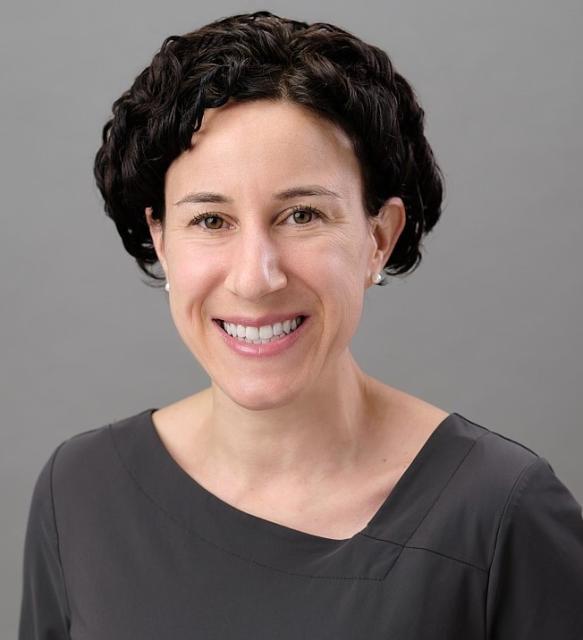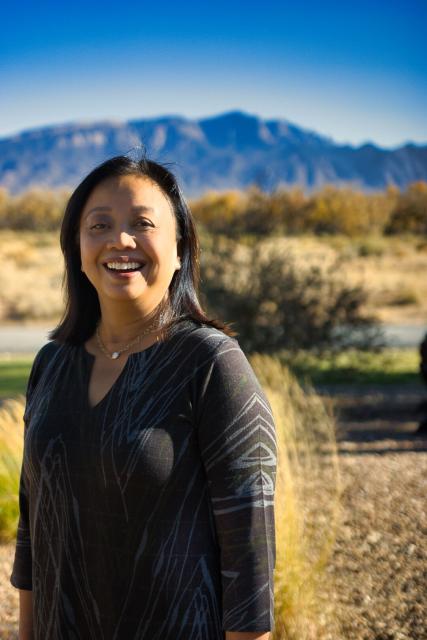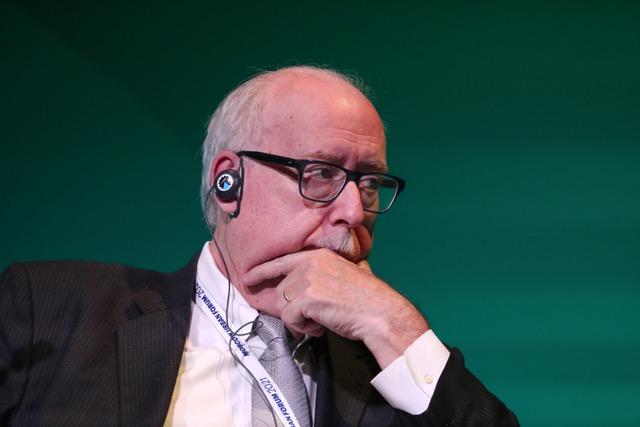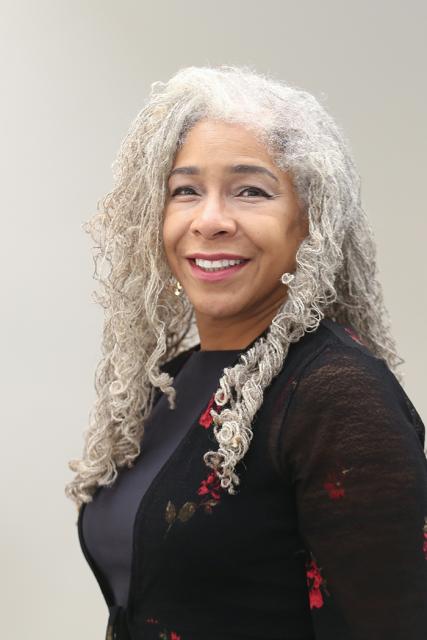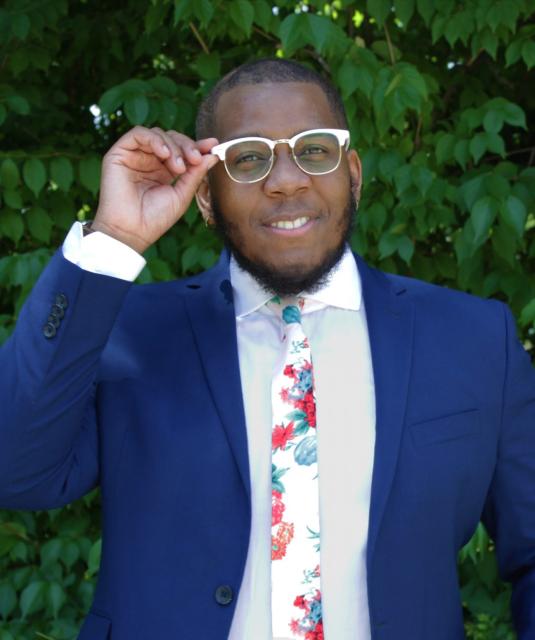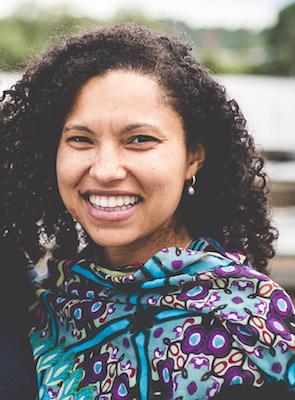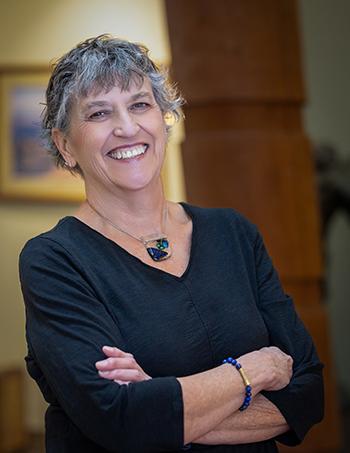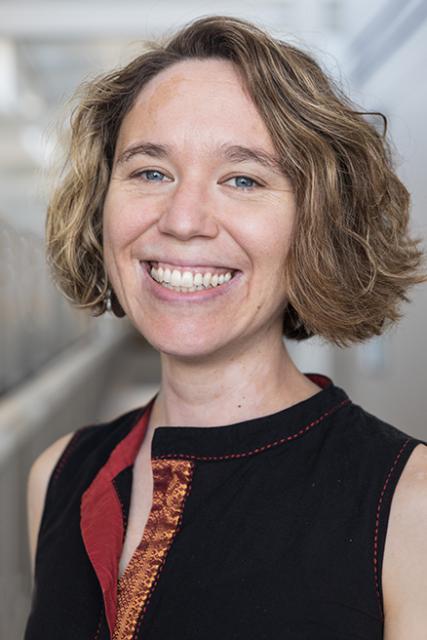In October, 35 antiracist and anticolonial health research scholars, along with 10 “decision-makers” in the health sciences, convened in the DC metro area. They explored the necessary steps to overcome systemic barriers to adopting and applying antiracist and anticolonial research approaches, practices, and methods in health research. This symposium was co-organized with Drs. Melody Goodman, Tongtan “Bert” Chantarat, and Adolfo Cuevas.
Melody Goodman, PhD, MS
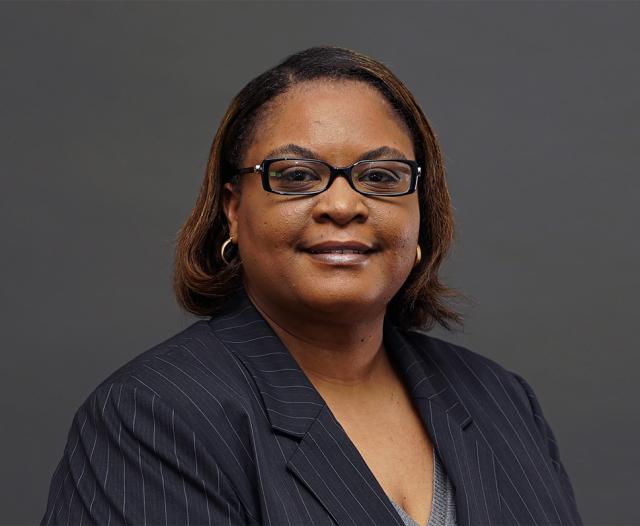
Dr. Melody Goodman received her B.S. summa cum laude in applied mathematics-statistics and economics (double major) from Stony Brook University. She received her M.S. in biostatistics from the Harvard T.H. Chan School of Public Health and her Ph.D. from the Department of Biostatistics at Harvard University with minors in theoretical statistics and the social determinants of health disparities. She is the Vice Dean for Research, Professor of Biostatistics, and Director of the Center for Anti-racism, Social Justice & Public Health at the New York University School of Global Public Health. She has over 100 peer-reviewed journal articles and two books (2018 Routledge/Taylor & Francis Group): 1) Public Health Research Methods for Partnerships and Practice and 2) Biostatistics for Clinical and Public Health Research. Dr. Goodman is a biostatistician and research methodologist. Her research interest is identifying the origins of health inequities and developing, as necessary, evidence-based primary prevention strategies to reduce these health inequities. She is a Fellow of the American Statistical Association (2021) and the inaugural recipient of the Societal Impact Award from the Caucus for Women in Statistics (2021).
Tongtan Chantarat, PhD, MPH
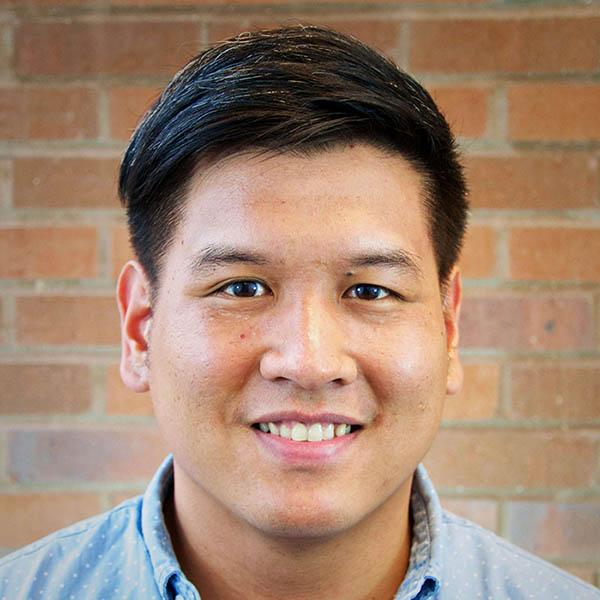
Tongtan “Bert” Chantarat is a senior research scientist at the Institute for Social Research and Data Innovation at the University of Minnesota. His research leverages a systems-thinking framework and bridges approaches from health services research, social epidemiology, and decision science to understand and mitigate racial health inequities throughout the life course. He is currently a lead investigator in NIH-funded projects to elucidate how multidimensional structural racism drives racial health inequities in birth outcomes, cardiometabolic and cardiovascular diseases, and mental health. He is also partnering with a Minneapolis-and-St. Paul-based community organization in a project seeking to evaluate and prioritize evidence-based policy interventions to reduce police-involved homicides in racially minoritized communities. Dr. Chantarat received a PhD in Health Services Research, Policy, and Administration from the University of Minnesota and an MPH in Epidemiology from Columbia University.
Adolfo G. Cuevas, PhD
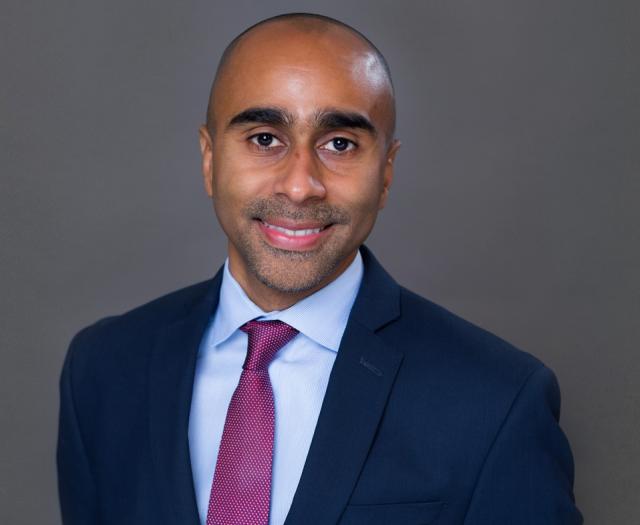
Adolfo G. Cuevas, Ph.D., is Assistant Professor in the Department of Social and Behavioral Sciences at NYU’s School of Global Public Health and core faculty at the Center for Anti-racism, Social Justice, & Public Health. As a community psychologist, he employs epidemiological, psychological, and biological approaches to investigate the effects of discrimination on health and health inequities. He uses a wide range of population-level datasets and advanced statistical methods to establish a plausible understanding of how discrimination “get under the skin” to increase the risk of aging-related diseases. Dr. Cuevas’ work has been published in scientific journals, such as Proceedings of the National Academy of Sciences, Nature’s International Journal of Obesity, Brain, Behavior, and Immunity, and American Journal of Public Health and featured in HuffPost and NPR's Code Switch. He is currently spearheading an NIH-funded project aimed at examining the impact of both neighborhood and interpersonal discrimination on biological dysregulation throughout the life course.
The Event
The first two days of the symposium focused on facilitated dialogue regarding the promise, expectations, and necessary shifts to embed equity into research practices. These sessions were led by Indigenous and racial equity research scholars. Following this, a third day involved sharing the scholars' vision with health science "gatekeepers" to elicit their reactions and identify solutions to move the work forward.
Resources
These resources were submitted by participants in preparation for the Ways of Knowing Symposia. We are sharing them here for those interested.
Co-Hosts
Greta Cappelmann
Omar A. Dauhajre
Natalie DiRocco
Claire Gibbons
Erin Hagan
Ye Ji Kim
jaboa s. lake
Thomas LaVeist
Amani Nuru-Jeter
Event Coordinator
Krystin Poitra
Convening Contributors & Participants
Antwi Akom
Philip Alberti
Wendy E. Barrington
Jemar Bather
Annjeanette Elise Belcourt
Jaspal Bhatia
Kirsten Bibbins-Domingo
Nineequa Blanding
Courtney E. Boen
Joia A. Crear-Perry
Lorraine T. Dean
Rebecca P. Delafield
Crystal Ellis
Chandra Ford
Camilla E. Gamboa
Danielle R. Gartner
Derek M. Griffith
Jocelyn Hastings
Chien-Chi Huang
Darrell Hudson
Mira Kahn
Christopher Galloway Kemp
Tené T. Lewis
Laura Magaña
Aresha Martinez-Cardoso
Lauren W. Yowelunh McLester-Davis
Aleta Lynn Meyer
Mahasin S. Mujahid
Thu Nguyen
Ryan J. Petteway
Miamon Queeglay
Rashawn Ray
Paige N. Reyes
Alicia Riley
Goleen Samari
Alyasah Ali Sewell
Natalie B. Slopen
Monica Valdes Lupi
David Vlahov
Deanna J. Wathington
Curtis Lamar Webb III
Kristina R. Weeks
Nancy R. Whitesell
Joy Williams
Maria-Elena Young
The Ways of Knowing Symposia Series
Learn more about the symposium by watching a recording of the Ways of Knowing Kickoff and checking out the illustrated notes from the same session.
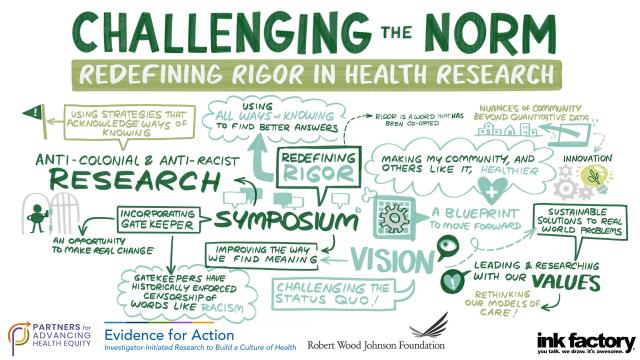
Art by Reilly Branson on behalf of Ink Factory
Recording of the Ways of Knowing Symposia Kickoff, a hybrid event recorded on March 7th in New Orleans, LA.
